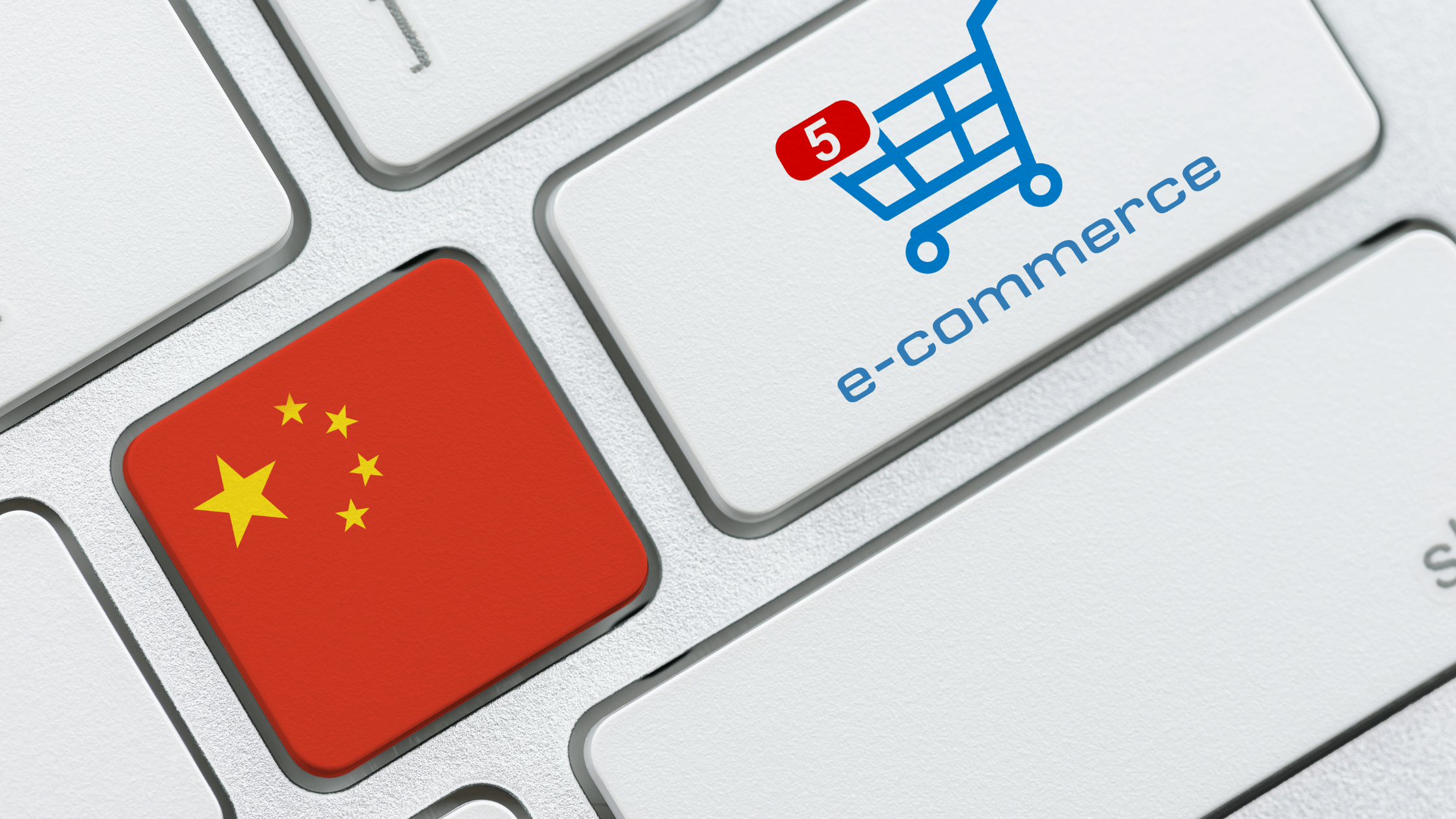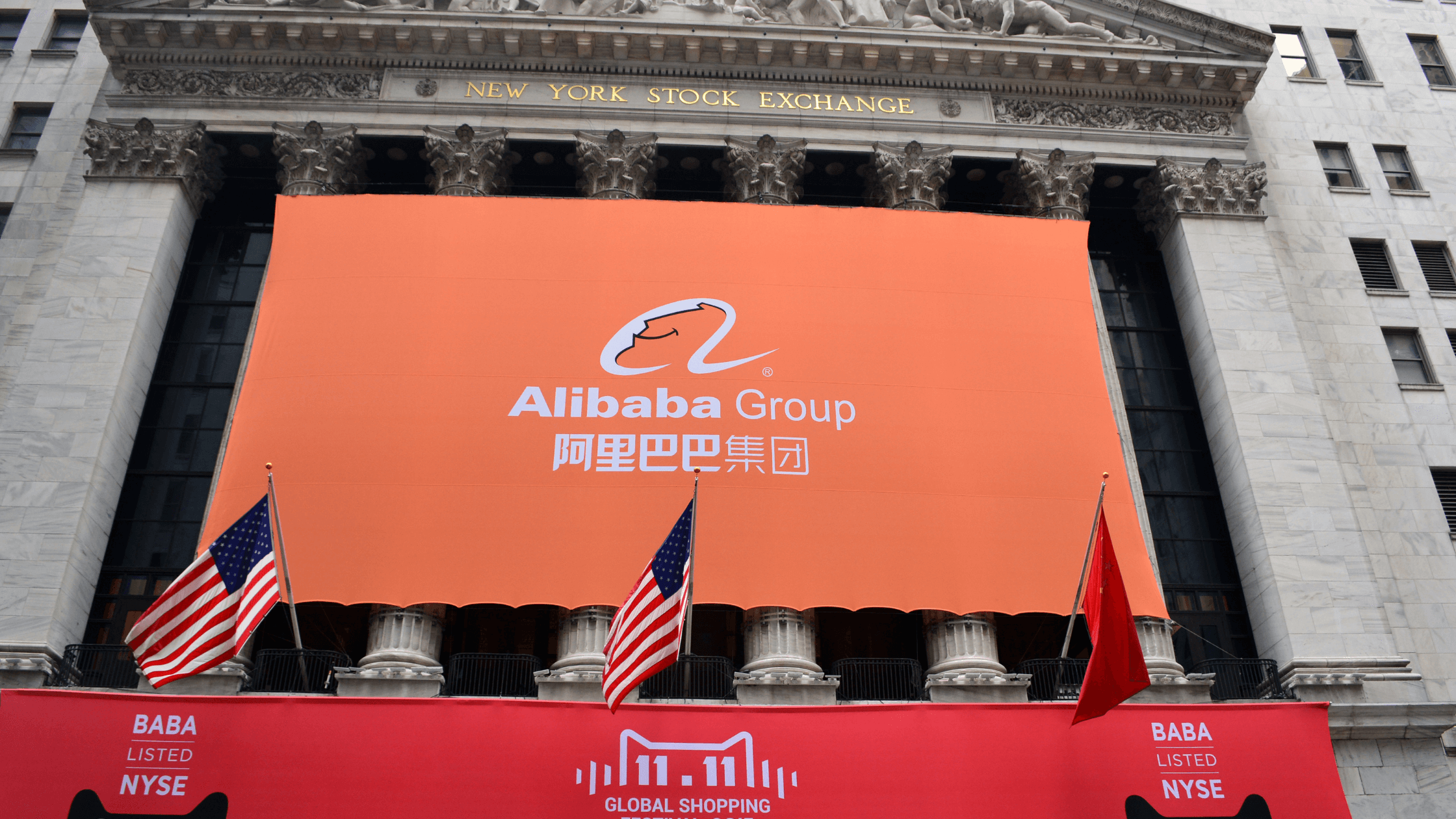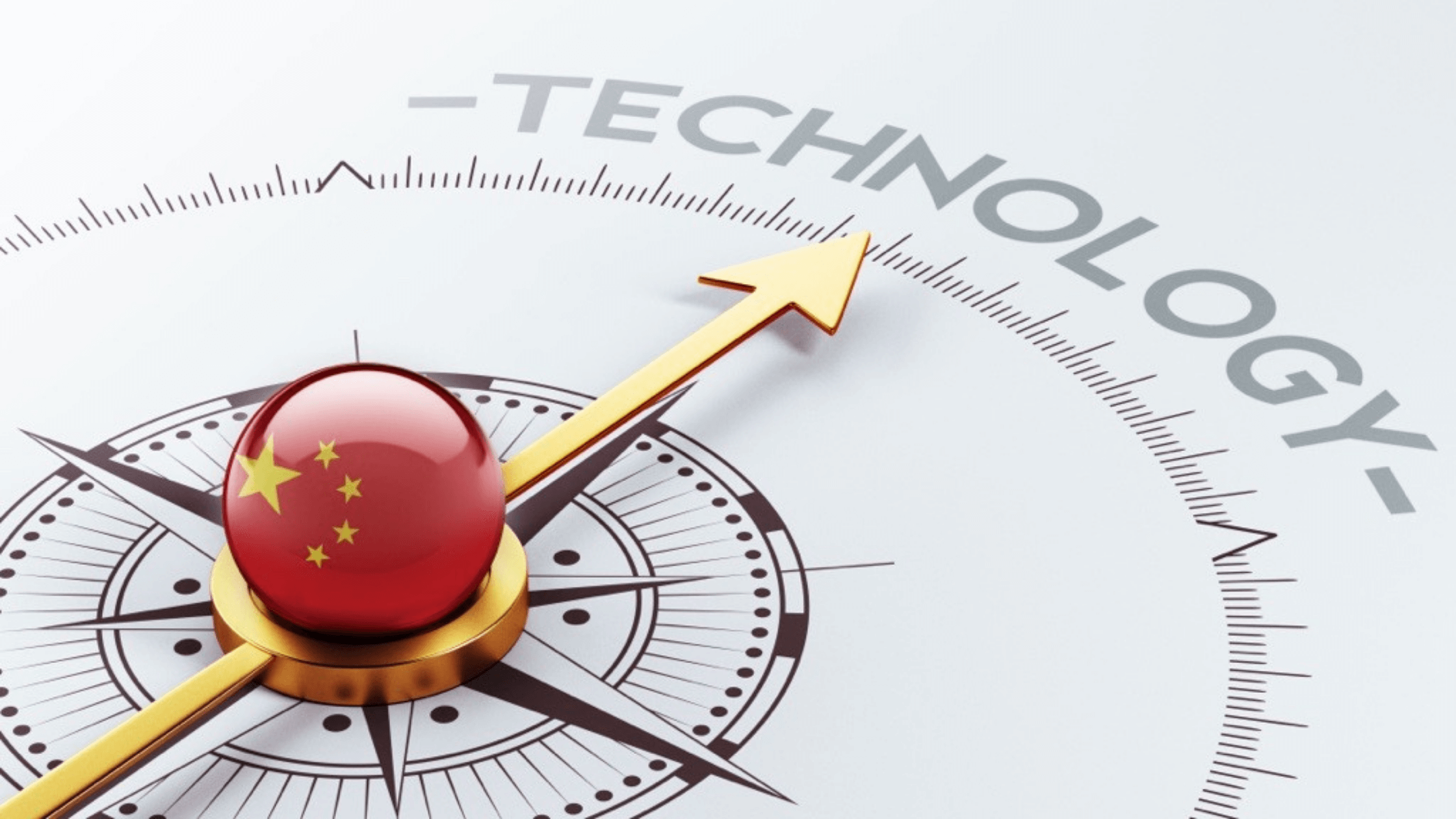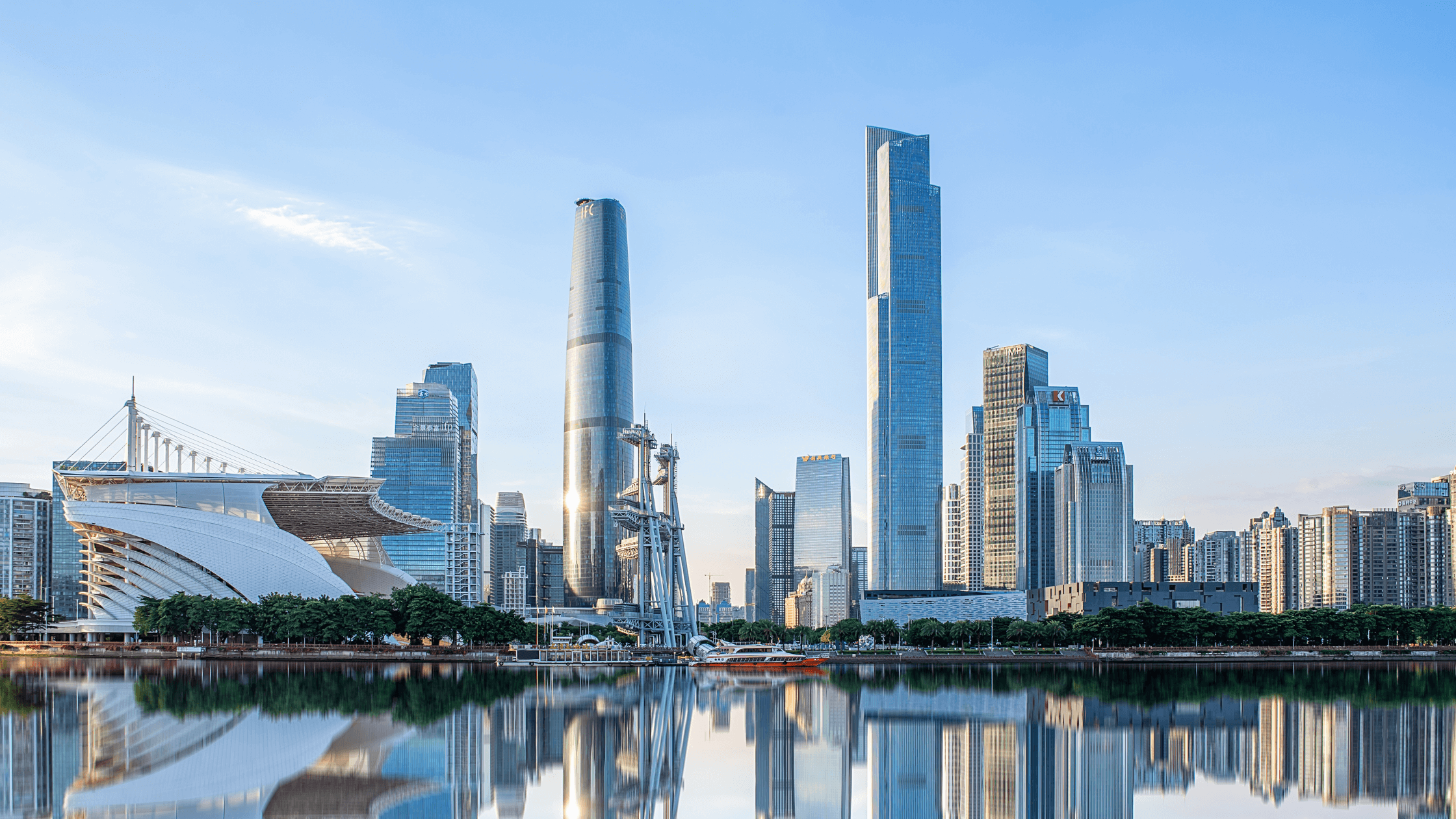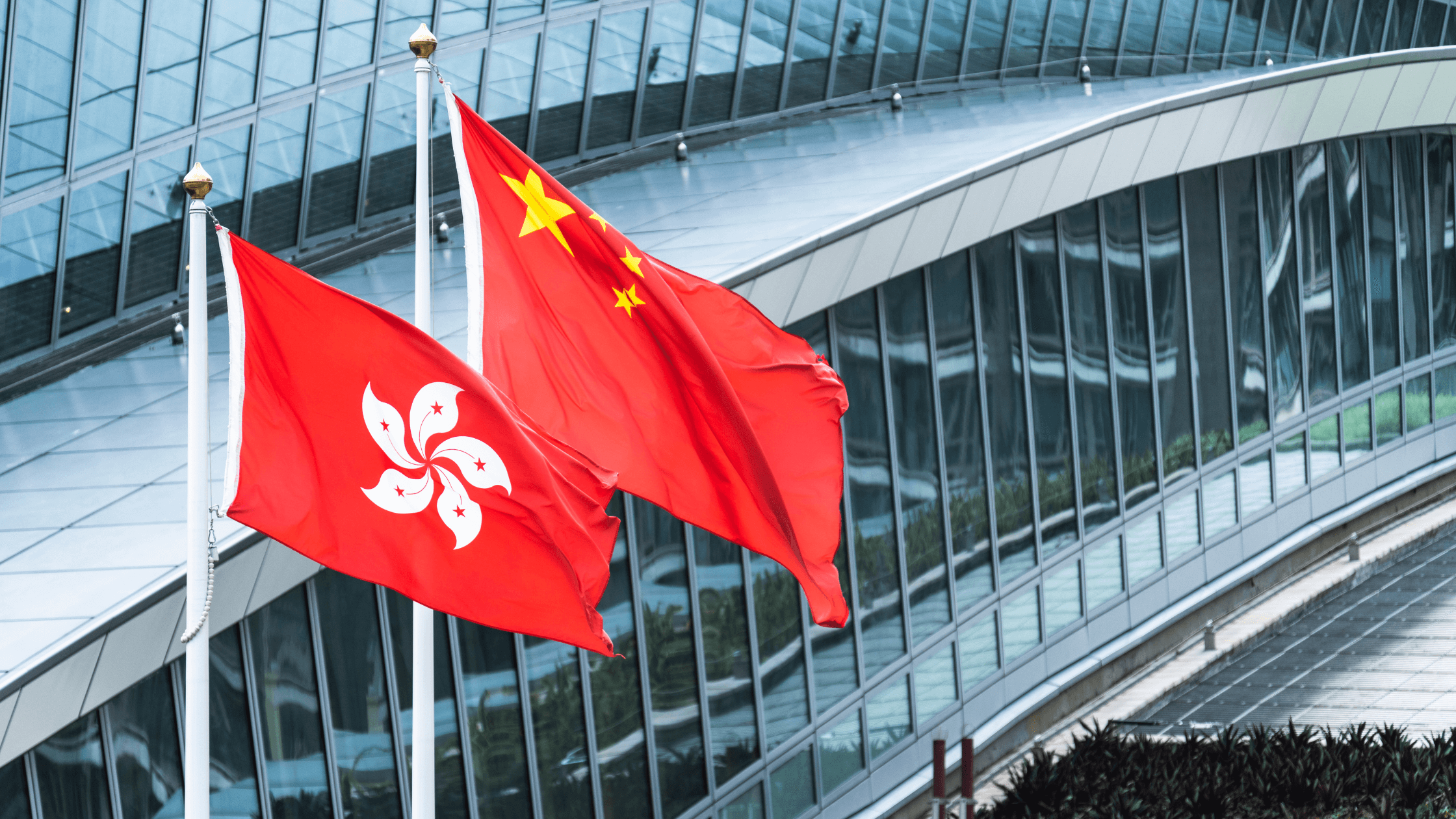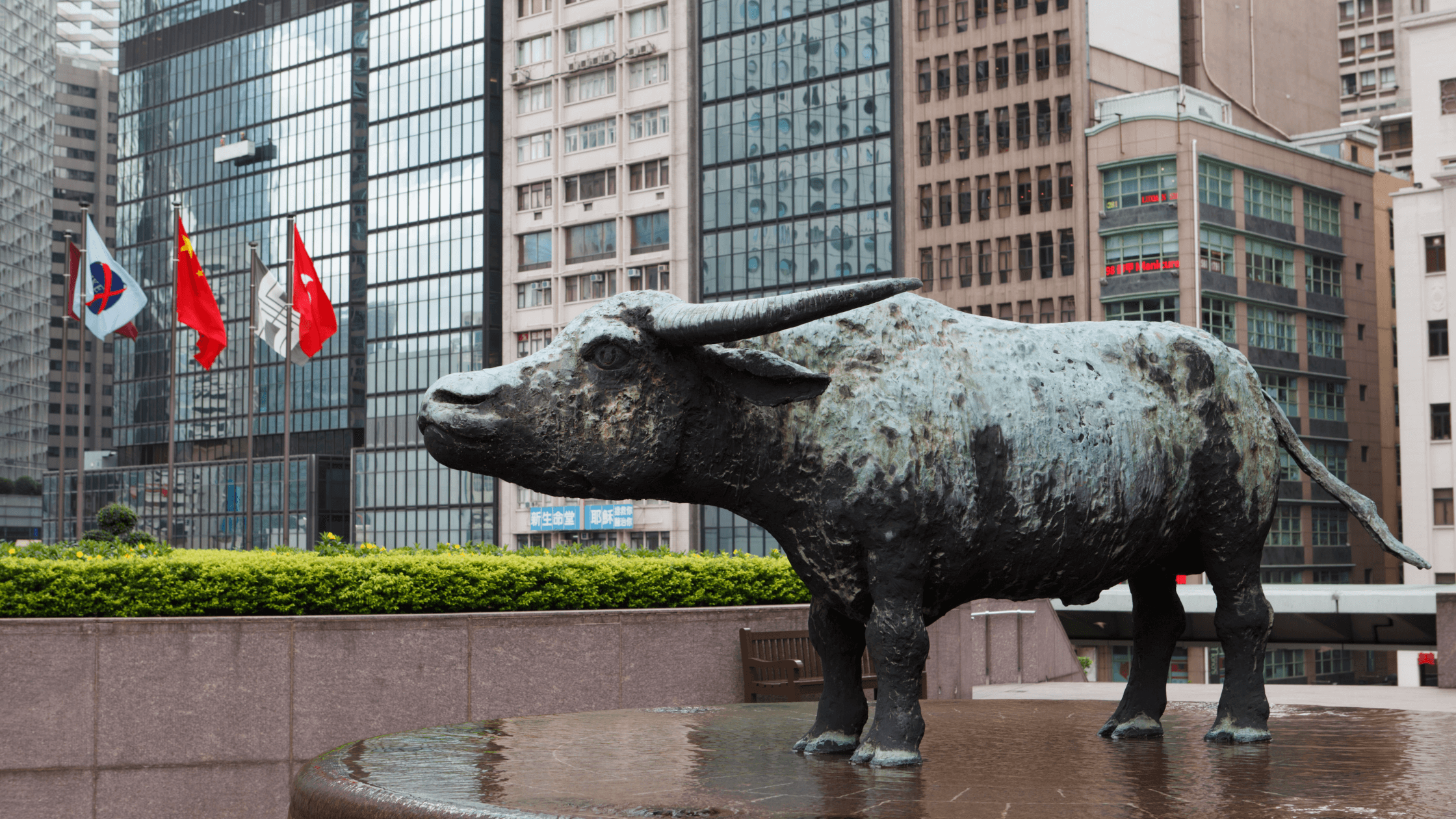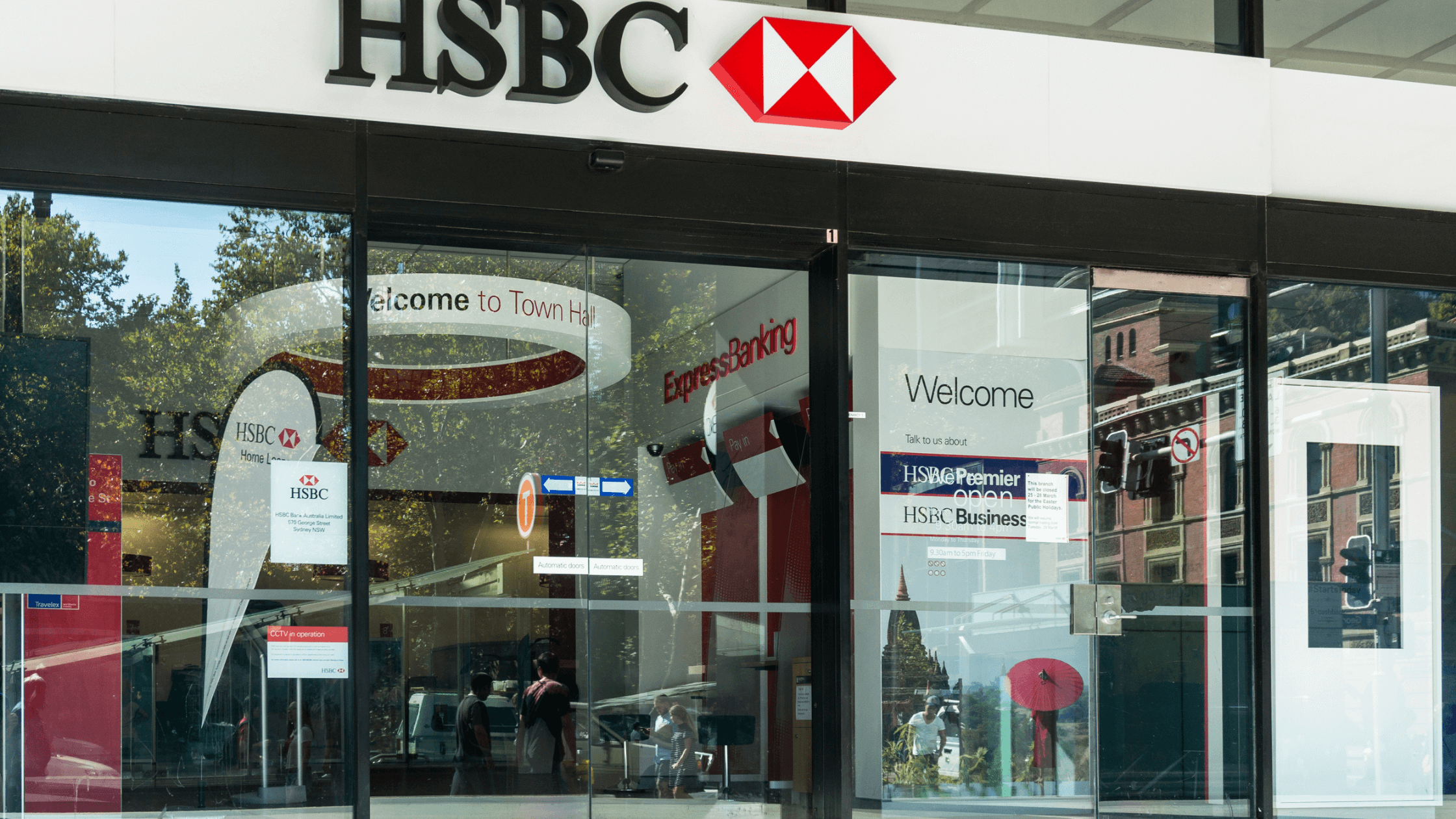Hang Seng Index Revamp: What Investors Need to Know

Hong Kong’s benchmark stock market index – the Hang Seng Index – has been in existence for just over 50 years now.
However, it’s a poor representation of the companies listed on the city’s stock market today. That’s because over 40% of the current Hang Seng Index (by weighting) is made up of financials.
That means many staid (and sometimes state-owned) “old economy” banks and insurance companies. A lot of these are the furthest thing from the innovation and dynamism that’s at the heart of China’s economy.
When compared to the traditional Hang Seng Index, it’s easy to see why the appeal of the newer Hang Seng Tech Index is so strong for investors.
Not only that, but the current 52 composite members (expanding to 55 in March) of the Hang Seng Index don’t accurately reflect the breadth of companies that exist in Hong Kong’s stock market.
Good news came earlier this week, though. On Monday, the Hang Seng Indexes Company – which oversees key benchmarks in the city – came out with the results of a consultation paper that proposes an overhaul of the current Hang Seng Index.
Benefitting new economy stocks
The proposed changes should start to be implemented as early as May and could go through to the middle of next year.
Some of the key proposed changes are “no-brainer” decisions. For example, the number of constituents will rise to 80 by mid-2022 and will ultimately be fixed at 100.
Furthermore, there’ll be an 8% weighting cap for all constituents, which should mean the index isn’t too heavily influenced by a small group of stocks.
The key beneficiaries will include large-cap technology stocks that have had their weightings capped, such as Meituan Dianping (SEHK: 3690) and Alibaba Group Holding Ltd (SEHK: 9988) (NYSE: BABA) – both of which currently have a weighting of around 5-6% each.
Meanwhile, a company like a Tencent Holdings Ltd (SEHK: 700) will see its current weighting of 11% come down to the capped 8%.
Outside of tech, popular sectors for investors – such as consumer and healthcare – should also benefit from a re-weighting.
Healthcare, for example, currently has just a 4.4% weighting in the Hang Seng Index. This is clearly underrepresented given the increasing size of the industry in China.
Newer listings
One other welcomed proposal was shortening the listing history requirement to three months to be eligible for inclusion in the index.
That will mean that relatively newer listed (yet large) companies, such as short video maker Kuaishou Technology (SEHK: 1024), could in future be fast-tracked for inclusion.
With a lot of technology companies going public in Hong Kong, or carrying out a secondary listing in the city in addition to their primary listing in the US, the sector is gaining more prominence in the market.
What does it all mean?
For investors, the benchmark stock index can attract billions of dollars in “passive” flows of money, from things such as exchange-traded funds (ETFs).
As a result, the weighting of individual component stocks can be important over the longer term.
However, it’s good to remind ourselves that this is just a function of the Hang Seng Indexes Company catching up with the realities of the Chinese economy and the stock market listings in Hong Kong.
Disclaimer: ProsperUs Head of Content Tim Phillips owns shares of Alibaba Group Holding Ltd.

